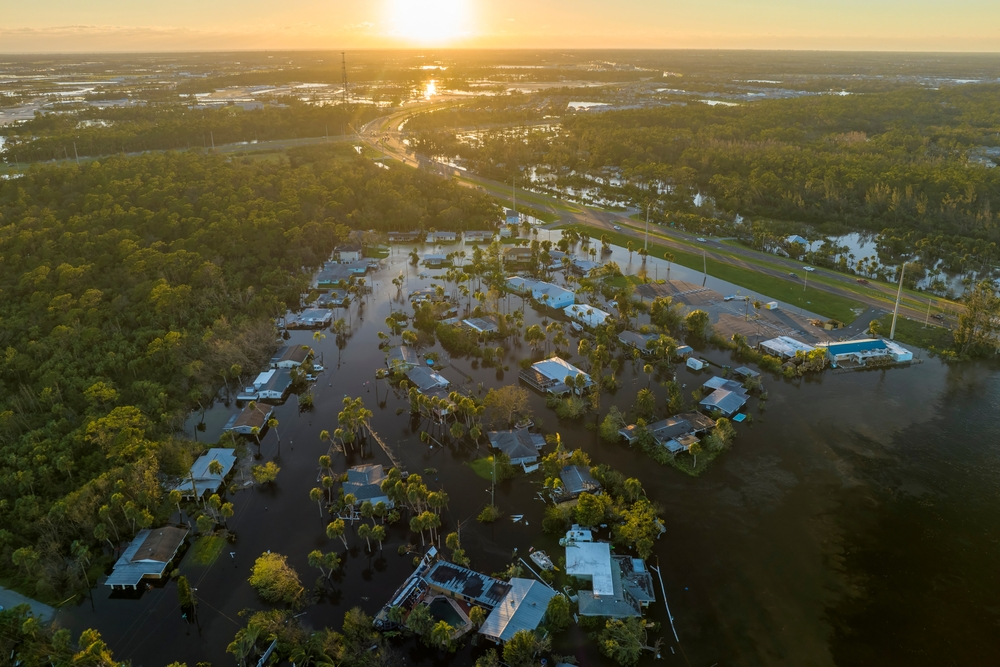Hurricane Season Just Got More Complicated: Understanding Your Rights After Recent Insurance Law Changes
A hurricane just ravaged your home, and now you’re facing a mountain of damage alongside a complex insurance claim process that’s been significantly altered by recent Texas law changes. You’re not alone—thousands of Houston homeowners navigate these choppy waters each hurricane season, often discovering that the rules of engagement with insurance companies have shifted dramatically. The insurance claim process that worked for your neighbor’s claim last year might not apply to yours today, leaving many homeowners feeling abandoned when they need support most.
Don’t let the complexities of recent Texas insurance law changes leave you high and dry after a hurricane. Reach out to JCE Law Group for guidance on navigating your claim and ensuring your rights are protected. Give us a call at 504-754-5884 or contact us today to discuss your situation and explore your options.

Texas Property Insurance Laws: What’s Changed and Why It Matters
Recent legislation has fundamentally altered how property insurance claims are handled in Texas, particularly for hurricane damage. Under the revised Texas Insurance Code, insurance companies now have extended timeframes to respond to claims, stricter requirements for proving damage causation, and greater protections against bad faith lawsuits. For instance, the 2023 amendments reduced the statutory penalty interest rate from 18% to 8% for delayed claim payments, directly impacting how much compensation you might receive if your insurer drags its feet. Additionally, policyholders now must provide more detailed pre-suit notice before filing a lawsuit, including specific amounts for each type of damage claimed. These changes weren’t designed with homeowners in mind—they were heavily influenced by insurance industry lobbying to reduce their financial exposure following major weather events that have become increasingly common across Texas.
Critical Deadlines: The New Timeline for Hurricane Damage Claims
The clock starts ticking the moment your property sustains hurricane damage, and missing deadlines under the new laws can be devastating to your claim. Understanding the revised timeline is essential for protecting your rights and maximizing your recovery potential:
-
Initial claim filing must now occur within 60 days of damage (reduced from the previous 90-day window), with documentation requirements substantially increased.
-
Insurance companies now have 45 days to accept or reject your claim (extended from 30 days), creating longer periods of financial uncertainty for homeowners.
-
The pre-litigation notice period has expanded to 90 days, during which insurers can investigate and potentially make lowball settlement offers without consequence.
-
Statute of limitations for bringing a lawsuit has effectively been shortened to two years from the date of loss—not from claim denial as many homeowners mistakenly believe.
-
After major disaster declarations, like Hurricane Franklin in 2024 which caused over $12 billion in damage across southeastern Texas, insurance companies can request claim handling extensions of up to 45 additional days.
Navigating Your Hurricane Damage Claim Under the New Rules
Successfully resolving your hurricane damage claim requires a strategic approach under these new laws. Start by documenting everything meticulously—take photos and videos of all damage before any repairs, keep detailed records of all communications with your insurer, and maintain receipts for emergency repairs and temporary housing. When insurers cite the new laws to justify claim delays or denials, having a property insurance lawyer in Houston review your policy language can make all the difference. At JCE Law Group, we’ve developed specialized approaches to counter the insurance industry’s new tactics, focusing on policy language interpretation that insurers often overlook. We’ve found that while the laws have changed, insurers’ obligations under the actual policy language often remain stronger than they would have you believe—but identifying these obligations requires experienced legal analysis.
The Hidden Impact of Texas Insurance Law Changes on Hurricane Coverage
Beyond the procedural changes, recent Texas insurance law reforms have quietly allowed insurance companies to fundamentally alter coverage terms for hurricane damage. Many Houston homeowners are unaware that their policies now contain much higher wind and hurricane deductibles—often 2-5% of their home’s insured value rather than a fixed dollar amount. This means on a $300,000 home, you might face a $15,000 deductible before receiving any insurance payout. Additionally, insurers have increasingly inserted anti-concurrent causation clauses, which can deny coverage entirely if flood damage (typically excluded) occurs simultaneously with wind damage (typically covered). These subtle policy changes, permitted under the new legal framework, create significant financial exposure for homeowners who believe they’re fully protected.
Roof Damage: The New Battleground in Hurricane Claims
Roof damage claims have become particularly contentious under the new laws. Insurers increasingly attribute roof damage to “wear and tear” or “pre-existing conditions” rather than hurricane winds. The burden of proof has shifted heavily onto homeowners to demonstrate that damage occurred specifically during the storm. We’ve seen countless cases where insurance adjusters minimize roof damage by claiming shingles were already deteriorating, despite clear evidence of storm impact. In our experience, having an independent engineering assessment performed immediately after a hurricane is now virtually essential to counter the insurance company’s often biased evaluations.
Insurance Company Tactics Under the New Legal Framework
The insurance industry has rapidly adapted to exploit the new legal landscape, developing sophisticated approaches to minimize payouts after hurricanes. One troubling trend we’re seeing is the increased use of third-party adjusters from outside Texas who lack familiarity with local building codes and construction standards. According to the Texas Department of Insurance, complaints about out-of-state adjusters increased by 64% following the 2023 legislative changes. Another common tactic is “claim splitting,” where insurers artificially separate hurricane damage into multiple claims with separate deductibles, forcing homeowners to pay thousands more out-of-pocket. Understanding these tactics is crucial for homeowners preparing to file claims after a hurricane hits the Houston area.
The Rise of Mandatory Arbitration Clauses
Perhaps the most concerning development under the new legal framework is the proliferation of mandatory arbitration clauses in Texas homeowners insurance policies. These clauses require policyholders to resolve disputes through private arbitration rather than the court system. The arbitrators are often selected from panels with insurance industry ties, the proceedings are confidential, and the decisions are typically final with limited appeal rights. For Houston homeowners, these clauses effectively remove important consumer protections that the public court system provides. Before signing any policy renewal, carefully review for arbitration provisions and consider requesting their removal—some insurers will agree to this if pressed.
Strategies for Maximizing Your Hurricane Damage Recovery
Despite the challenges created by recent legal changes, Houston homeowners can take proactive steps to strengthen their position when filing hurricane damage claims. One effective approach is creating a comprehensive home inventory before storm season begins. Document your possessions with photos, videos, and receipts stored in cloud storage accessible from anywhere. After a hurricane, immediately document all damage with timestamped photos and videos before any cleanup or repairs begin. Keep detailed records of all communications with your insurance company, including the names of representatives, dates, times, and summaries of conversations. These records become invaluable if your claim is delayed or denied.
When to Bring in Professional Help
While minor claims might be manageable independently, the complexity of the new legal landscape makes professional assistance increasingly necessary for significant hurricane damage. Consider consulting with a Houston storm damage lawyer if your claim exceeds $25,000, involves structural damage, has been denied or significantly underpaid, or if the insurance company is dragging out the process beyond the statutory timeframes. A property insurance attorney can identify policy provisions that support your claim, counter insurance company tactics designed to minimize payouts, and ensure compliance with the numerous technical requirements now imposed on policyholders. Given the shortened legal deadlines, consulting with an attorney early in the process often prevents costly mistakes.
Frequently Asked Questions
1. How have recent Texas insurance law changes affected the timeline for filing hurricane damage claims?
The timeline has been compressed significantly. You now have only 60 days to file your initial claim (down from 90), while insurance companies have 45 days to accept or deny your claim (up from 30). Additionally, you must provide a detailed pre-litigation notice 90 days before filing a lawsuit, and the effective statute of limitations is now strictly two years from the date of loss. These shortened deadlines for homeowners combined with extended timeframes for insurers create significant advantages for insurance companies under the new Texas laws.
2. Can a Houston hurricane damage attorney help if my insurance company is using the new laws to deny my claim?
Absolutely. A Houston hurricane damage attorney can identify when insurance companies are misinterpreting or misapplying the new laws to wrongfully deny claims. While the legal landscape has changed, insurers still have contractual obligations under your policy. An experienced attorney can analyze your specific policy language, document instances where the insurer is acting in bad faith, and develop strategies to overcome denials based on the new legal framework. They can also ensure you meet all technical requirements under the revised laws to preserve your right to contest unfair claim decisions.
3. What documentation do I need to prepare under the new Texas property insurance claim laws?
The documentation requirements have become much more stringent. You’ll need: timestamped photos and videos of all damage before repairs begin; detailed inventory of damaged items with approximate values; records of all repair expenses with receipts; documentation of temporary living expenses if displaced; copies of all communications with your insurance company; weather reports confirming hurricane conditions in your specific location; and potentially independent expert assessments of damage causation. The new laws place a heavier burden on homeowners to prove both the extent and cause of damage, making thorough documentation essential for successful claims.
4. How have insurance claim laws in Texas changed regarding roof damage from hurricanes?
The new laws have made roof damage claims particularly challenging. Insurance companies now have greater latitude to attribute roof damage to pre-existing conditions or normal wear and tear rather than hurricane winds. The burden of proof has shifted significantly to homeowners to demonstrate that damage occurred specifically during the storm. Additionally, many policies now prorate roof coverage based on the roof’s age, potentially reducing payouts substantially. To overcome these challenges, consider having a professional roof inspection documented before hurricane season and obtaining an independent engineering assessment immediately after any storm damage occurs.
5. Should I accept my insurance company’s first settlement offer for hurricane damage under the new Texas laws?
In most cases, accepting the first offer is inadvisable under the new legal framework. Initial settlement offers are frequently calculated using depreciated values rather than replacement costs, often overlook hidden damage that may become apparent later, and may not adequately account for code upgrade requirements. The new laws have emboldened many insurers to make lower initial offers knowing that the legal hurdles to challenging them have increased. Before accepting any offer, consider having it reviewed by a Texas property insurance attorney who can assess whether it fairly compensates you under your specific policy terms and applicable law.
Work with a Property Insurance lawyer
When facing hurricane damage under Texas’s changed insurance laws, working with a property insurance lawyer in Houston can significantly impact your recovery. An experienced attorney will analyze your specific policy language, identify coverage provisions that insurance adjusters may overlook, and ensure all technical requirements are met to protect your claim. They can recognize when insurers are misapplying the new laws to minimize payouts and develop effective counterstrategies. JCE Law Group stays continuously updated on Texas insurance law changes to provide informed representation during what is often a challenging and emotional time. While many claims can be resolved without litigation, having skilled legal counsel ensures you’re prepared if your insurer refuses to honor their obligations. If your hurricane damage claim has been denied, delayed, or underpaid, consider scheduling a consultation to understand your options under the current legal framework.
Don’t let the recent changes in Texas insurance laws leave you in a bind after a hurricane. Connect with JCE Law Group to navigate your claim and safeguard your rights. Dial 504-754-5884 or contact us today to explore your options.





